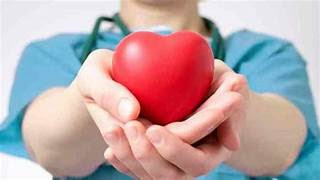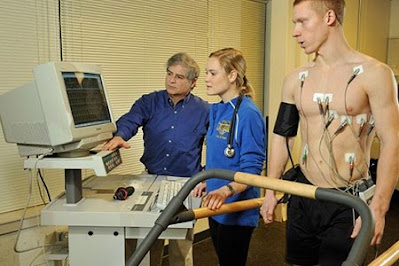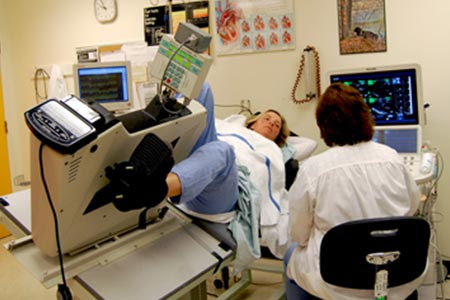7 Sings That You Need To Consult With Cardiologist
Every
day our heart beats more than 100,000 times and pumps about 1.5 gallons of
blood through 60,000 miles of vessels throughout our entire body. It's no
wonder that your doctor will check your blood pressure and pulse during a full
physical examination to make sure that everything is normal.
If
you have high blood pressure, a condition also called hypertension, your heart
must work harder to pump the right amount of blood through your veins and
arteries. When your heart is overworked from pumping harder for longer periods
of time, it can eventually lead to a heart attack or stroke. It's important to
know early signs and symptoms of issues with your heart.
Here
are 10 sings that you need to consult with Cardiologist
in Delhi:
1.
Irregular heartbeats (arrhythmias) or racing heartbeat (tachycardia):
According to the American Heart Association, about 5 million Indian live with
some type of arrhythmia. Arrhythmia is associated with an abnormal heartbeat.
You can normally feel your heartbeat as a pulse at the wrist, neck (carotid
artery) or groin. Feeling your heartbeat from another part of your body could
mask an abnormal heart rhythm. In some people with arrhythmias, it only happens
during exercise or stress and then goes away when they rest.
2.
Chest pain: While chest pain is often associated
with heart attack, it can also be a sign of stroke. A possible symptom of
having either condition is discomfort in other areas in the upper body or upper
stomach that may even mimic indigestion. Don't ignore regular pains at your
chest, neck and jawline; these may point you to the real issue.
3.
Shortness of breath: Difficulty breathing or shortness of
breath is a symptom that can be associated with many conditions such as heart
attack, stroke and anxiety attacks. When there is decreased blood flow to your
heart muscle, you'll feel chest pain and shortness of breath; when the brain
lacks oxygen due to decreased blood flow caused by the brain, you'll feel
shortness of breath.
4.
Swollen ankles or legs: Sudden swelling in your feet or
ankles can be associated with heart disease, kidney disease and many other
conditions (for example, blood clots) that can lead to serious problems like
stroke or pulmonary embolism. If you experience swelling in the lower
extremities, contact your doctor as soon as possible to avoid complications.
5.
Tired and fatigue: If you feel tired and fatigued all
the time, it could be a sign of heart disease; heart failure can cause extreme
fatigue because your body isn't getting enough oxygen to meet its needs. Other
common causes for lethargy include nausea, vomiting and diarrhea.
6.
Irregular periods: Heavy or extremely light menstrual
periods may be a sign of hormonal imbalance caused by thyroid disease, blood
clots in the veins (DVT) or heart problems such as congestive heart failure.
7.
Numbness or pain in your extremities: Numbness or
tingling in the hands and feet can be associated with poor blood circulation
caused by weak or blocked arteries (for example, arterial fibrillation). If you
experience these symptoms, schedule an appointment with your doctor to rule out
heart disease.
These
are some signs that you need to consult with the Best
Cardiologist in Delhi. If you have these symptoms don't ignore them go
see your doctor right away. Some of the symptoms may be normal but they can
also point out to problems so make sure to get checked by your doctor.
Original Source Content -
https://blog.storymirror.com/read/wadubmfd/7-sings-that-you-need-to-consult-with-cardiologist




Comments
Post a Comment